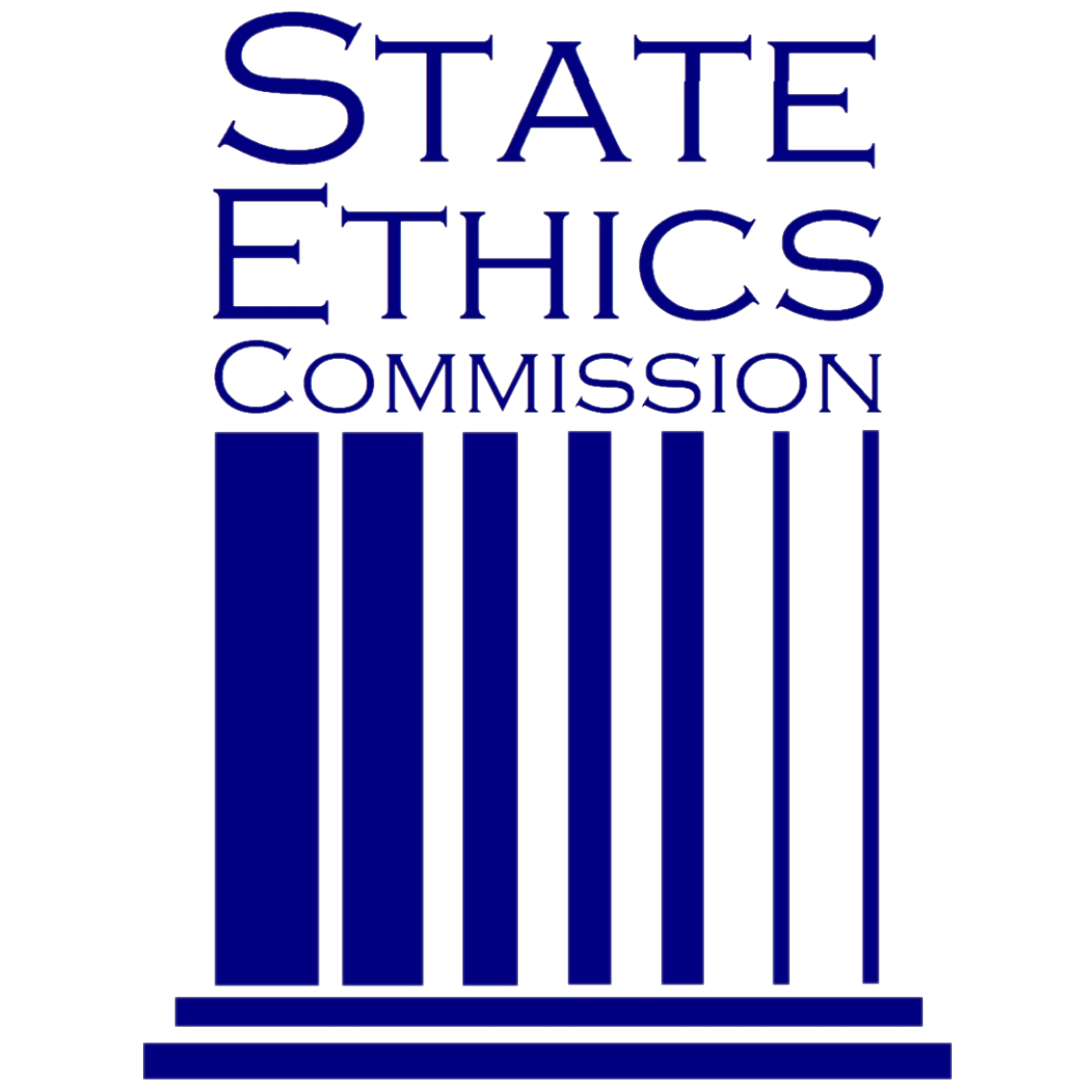- David A. Wilson, Executive Director
Media Contact
Gerry Tuoti, Public Information Officer
Boston, MA — The State Ethics Commission issued Public Education Letters today to former Milford Select Board member William Kingkade and current Milford Finance Committee member Christopher Morin. After the Commission found reasonable cause to believe Kingkade and Morin violated the conflict of interest law, each agreed to resolve the allegations with a Public Education Letter and waived his right to a hearing before the Commission.
The letters state the Commission found reasonable cause to believe Kingkade and Morin violated the conflict of interest law in connection their actions concerning the sale of town land to the Milford Club, LLC, a private real estate company Morin co-owned. The land was to become part of the site of the Greater Milford Social Club, a private club of which Kingkade and Morin were founding members. When the LLC was in the process of purchasing a property as the site for the Greater Milford Social Club in early April 2019, Morin learned from the LLC’s lender that the property encroached on a small, town-owned parcel. The lender required the LLC to resolve the encroachment issue by either purchasing the town parcel, receiving a variance from the town, or removing a small structure on the town parcel before the LLC’s purchase of the property could be finalized, according to the letters.
After a survey of Milford town departments demonstrated no municipal need for the parcel, town counsel determined that the Milford Select Board could declare the parcel surplus, according to the letters. At an April 8, 2019 Select Board meeting, Kingkade, then a Board member, motioned that the town declare the land surplus and then moved to sell it by direct disposition to the abutters rather than through a public auction. Kingkade did not publicly disclose his close personal friendship with Morin, that he was a founding member of the Greater Milford Social Club with an interest in the club, or that the town land was being purchased to be part of the site of the Greater Milford Social Club. Both motions passed unanimously.
The letters state that after the Select Board authorized the sale of the town parcel, Morin submitted a bid to the town on behalf of the Milford Club, LLC to purchase the property, then signed the purchase and sale agreement on behalf of the Milford Club LLC.
The conflict of interest law prohibits municipal employees from participating officially in matters in which they or business organizations of which they are partners have a financial interest. As Kingkade was a Greater Milford Social Club partner when he participated as a Select Board member in declaring the town parcel as surplus and authorizing its sale, which was of financial interest to the club, the Commission found reasonable cause to believe he violated the conflict of interest law by so participating, according to the letter to Kingkade.
In addition, the law prohibits public employees from acting in a manner that creates the appearance that they are likely to act with favoritism or bias in performing an official duty. The Commission found reasonable cause to believe Kingkade violated this prohibition by acting officially concerning the sale of the town parcel given his friendship with Morin and affiliation with the Greater Milford Social Club, according to the letter to Kingkade. The letter states the Commission also found reasonable cause to believe Kingkade violated this prohibition in 2016 and 2018 by voting appoint two friends to town positions.
The conflict of interest law prohibits municipal employees from acting as agent for anyone other than the municipality in matters in which the municipality is a party or has a direct interest and also prohibits municipal employees from having a financial interest in municipal contracts. The Commission found reasonable cause to believe Morin violated these prohibitions by submitting the bid to the town and signing the purchase and sale agreement on behalf of the Milford Club LLC, and by having a financial interest in the sale of the surplus town parcel, according to the letter to Morin.
The Commission chose to resolve the allegations against Kingkade and Morin through the issuance of the letters rather than through adjudicatory proceedings because it determined the public interest would be better served by publicly discussing the application of the conflict of interest law to their alleged actions. The Commission expects that the letter will provide public employees in similar circumstances with a clearer understanding of how to comply with the law.
The Commission encourages public employees to contact the Commission’s Legal Division at 617-371-9500 for free advice if they have any questions regarding how the conflict of interest law may apply to them.
###
